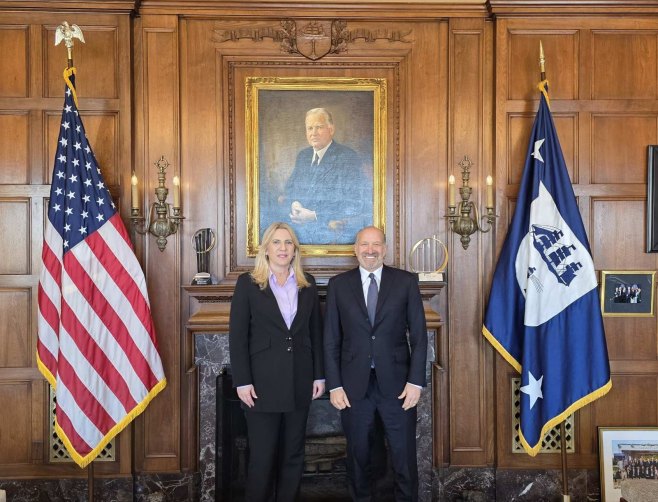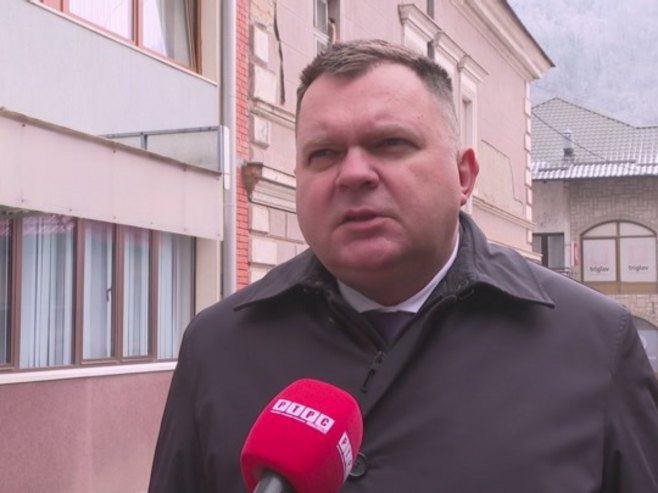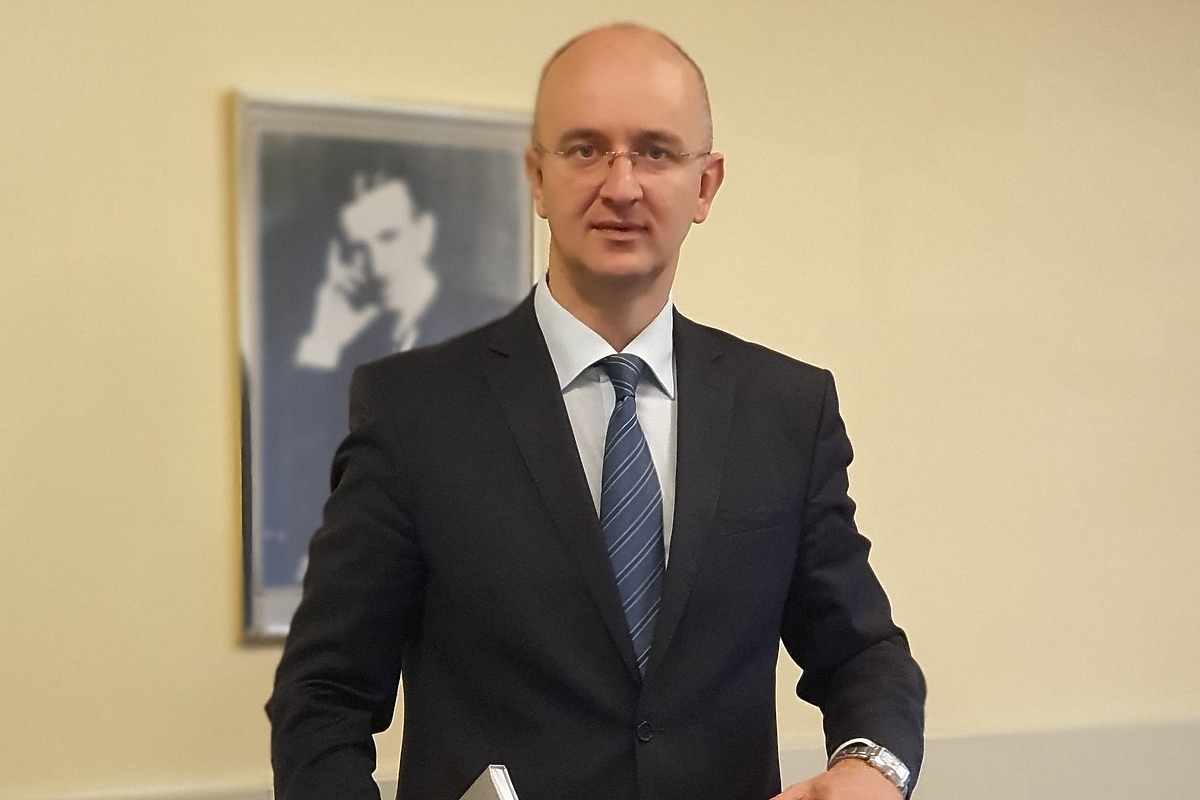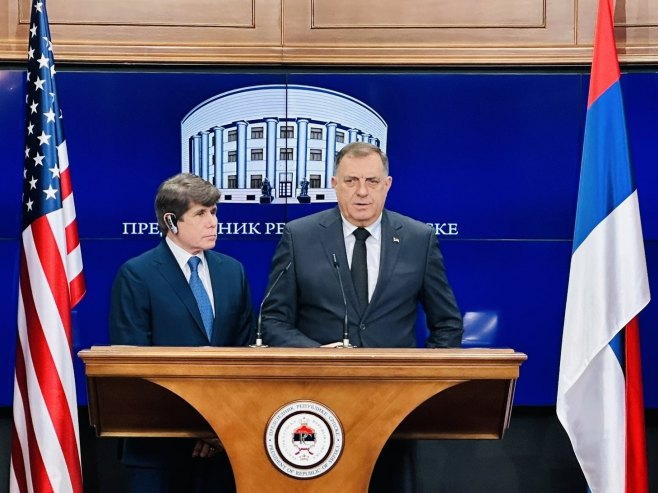The offer made to the President of Srpska, Milorad Dodik, to accept the centralization of Bosnia and Herzegovina in exchange for an acquittal in the Court of BiH, was most likely made by those who had influence in initiating “that circus” and crisis, according to the deputy head of the SNSD parliamentary caucus in the National Assembly, Srđan Mazalica.
Mazalica believes that this was probably done through certain channels that Dodik cannot disclose.
“On the other hand, Dodik sent a strong message by rejecting blackmail, but I would also say rejecting a bluff, considering that this process can be halted in its final phase by those forces whose goal is not further radicalization in Bosnia and Herzegovina,” Mazalica told Srna.
He pointed out that it is not excluded that someone from foreign embassies unfriendly to Srpska, or someone close to Christian Schmidt, made such an offer, counting on Dodik’s fear of a guilty verdict.
“I doubt it was someone from the EU institutions, as I have gathered from informal conversations with them and representatives of some other embassies that they do not support either Schmidt’s law or the court process. All of this is incompatible with European integration,” Mazalica said.
He added that the removal of foreign judges from the Constitutional Court of BiH is indeed a European issue, as the European Commission has criticized Schmidt’s use of so-called Bonn powers multiple times. He also noted that much of the agenda revolves around property, which is not a European issue.
“The electoral law is partially a European issue, but several provisions imposed with the goal of eliminating Dodik from political life are not. Europeans are not pushing for further centralization, as can be seen from the 14 priorities and the Reform Agenda currently on the table,” Mazalica noted.
He stated that from the beginning, it could be assumed that there were multiple scenarios and outcomes for Dodik’s trial, ranging from making his life difficult, to humiliation in court, discouraging the National Assembly from passing laws, preventing the President of Srpska from engaging in political activities, free movement, and international authority, to the violent enforcement of a prison sentence, conflicts, and similar scenarios.
“A guilty verdict would set a precedent and severely tarnish the authority and integrity of the Court, and the authorities of Srpska would certainly not allow its president to serve a prison sentence. This would lead to further radicalization of the political situation and bring Bosnia and Herzegovina to a standstill in all areas,” Mazalica stated.
He emphasized that there are voices in Europe, especially from EU institutions and a few member states, who do not agree with the pressures being applied on Srpska, as they endanger Bosnia and Herzegovina’s chances for normal development and progress towards European integration.
“In about two weeks, elections will be held in the United States, and the stance the new U.S. administration will take on this matter is uncertain. It is evident that Dodik’s and Lukić’s trials are being accelerated, and there is noticeable nervousness from the Court of BiH judge, Sena Uzunović, who, after several other judges withdrew, agreed to carry out Schmidt’s and U.S. Ambassador Michael Murphy’s dirty work,” Mazalica concluded.
President of Republika Srpska, Milorad Dodik, stated after the trial on Wednesday, October 16, that he was offered an acquittal in exchange for accepting various proposals regarding the centralization of Bosnia and Herzegovina, which he refused.
Dodik emphasized that this is why efforts are being made to expedite the trial, which is being conducted before the Court of BiH for his non-compliance with Christian Schmidt’s decisions.
Source: RTRS









